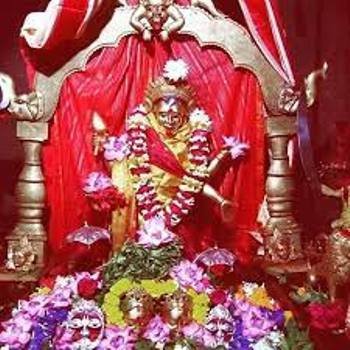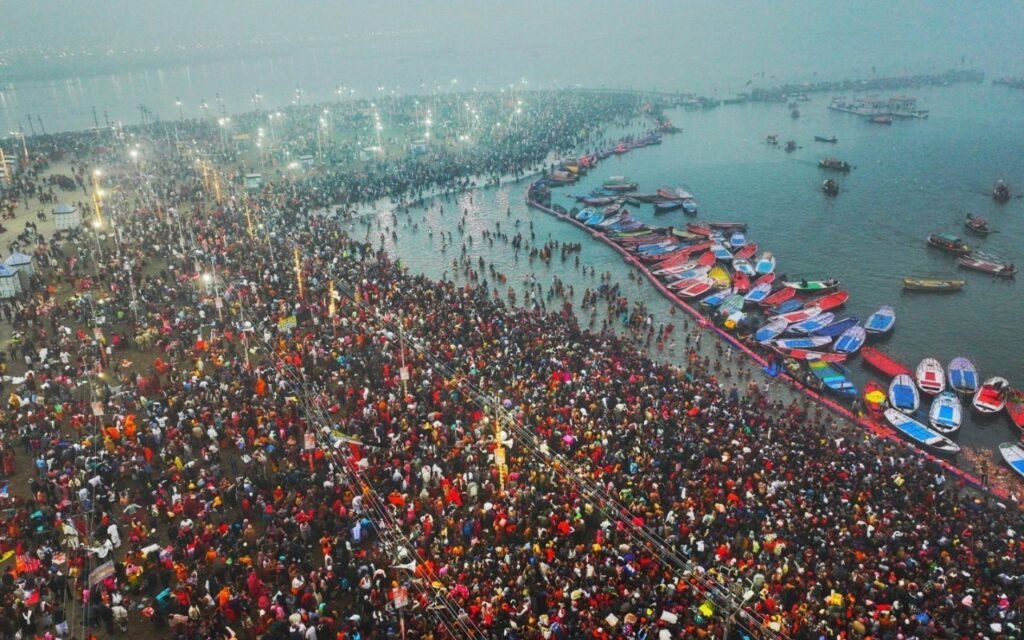Maha Shivratri, one of the most revered Hindu festivals, is celebrated with great devotion across India and in many parts of the world. Dedicated to Lord Shiva, the destroyer and transformer in the Holy Trinity (Trimurti), this sacred night holds immense spiritual significance. Observed on the 14th day of the lunar month of Phalguna, Maha Shivratri is not just a festival but a divine opportunity for self-reflection, prayer, and seeking blessings for inner peace and prosperity.
The Significance of Maha Shivratri
Maha Shivratri, meaning “The Great Night of Shiva,” is believed to mark several important events. According to Hindu mythology, it is the night when Lord Shiva performed the cosmic dance of creation, preservation, and destruction, known as the Tandava. Another popular belief states that Maha Shivratri is the night when Shiva and Goddess Parvati were united in sacred matrimony, symbolizing the divine balance of masculine and feminine energies.
Beyond mythology, Maha Shivratri is also associated with spiritual awakening. Devotees observe this night through fasting, meditation, and chanting “Om Namah Shivaya”, a powerful mantra believed to bring inner transformation and divine energy. It is said that sincere prayers and devotion on this night can wash away sins and lead one toward moksha (liberation).
How Maha Shivratri is Celebrated
Maha Shivratri is observed with unique traditions that vary across regions but share the essence of devotion and self-discipline. The day begins with an early morning bath, often in sacred rivers, symbolizing purification. Devotees visit Shiva temples, offering milk, honey, water, bel leaves, and fruits to the Shivalinga, a representation of Lord Shiva.
One of the most significant aspects of the celebration is fasting, where devotees abstain from food or consume light satvik (pure) meals. Many observe a strict nirjala vrat, refraining even from water, as a mark of dedication.
The night is spent in Jagran (night-long vigil and prayers), where devotees chant bhajans, recite Shiva’s hymns, and listen to stories from the Shiva Purana. In major Shiva temples like Kashi Vishwanath (Varanasi), Kedarnath (Uttarakhand), Somnath (Gujarat), and Mahakaleshwar (Ujjain), grand processions and special rituals attract thousands of devotees seeking blessings.
The Spiritual and Scientific Relevance
Maha Shivratri is not just about religious observance but also about spiritual elevation. It is believed that on this night, the cosmic energies are at their highest, making meditation and prayers more powerful. Yogis and spiritual seekers use this time to deepen their practice, align with universal consciousness, and elevate their spiritual vibrations.
Scientifically, the planetary positions on Maha Shivratri create an upward energy flow in the human body. This is why staying awake and sitting upright during Jagran is encouraged, as it helps harness this energy for inner transformation and well-being.
Lessons from Lord Shiva for Modern Life
The teachings of Lord Shiva hold profound relevance in today’s fast-paced world. His embodiment of detachment, patience, and inner strength serves as an inspiration to lead a balanced life. Shiva’s third eye symbolizes wisdom and foresight, reminding us to look beyond illusions and seek the truth. His act of drinking halahala (poison) during Samudra Manthan teaches us the power of resilience and self-sacrifice for the greater good.
In a world filled with stress, Maha Shivratri teaches us the importance of meditation, self-discipline, and surrendering to the divine. It is a reminder that true peace comes from within, and embracing Shiva’s qualities can lead to personal growth and fulfillment.
Conclusion
Maha Shivratri is not just a festival but a spiritual journey—an opportunity to awaken the divine consciousness within. Whether through fasting, meditation, or simple devotion, this sacred night allows devotees to connect with Lord Shiva and seek blessings for a prosperous and meaningful life.
As we celebrate this Maha Shivratri, let us embrace the virtues of Lord Shiva—compassion, wisdom, and fearlessness—to navigate life with strength and grace.
Har Har Mahadev!






